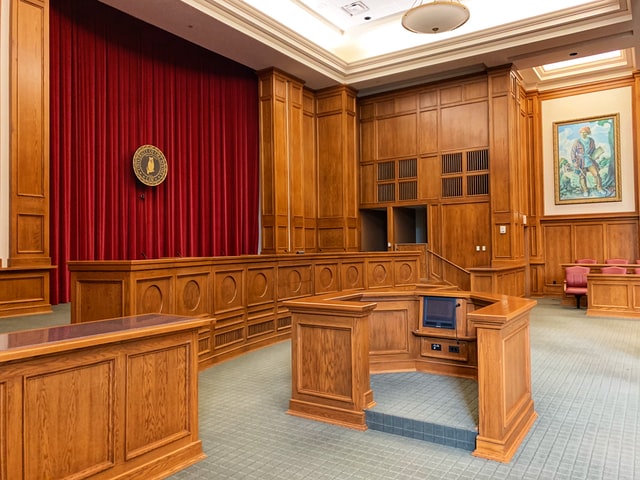
In light of recent allegations against the Attorney General Christian Porter, made by a now deceased woman. It seems an apt time to examine what options a defendant has if they are facing prosecution in a trial where a witness is absent.
In a written letter, a woman has alleged that Mr Porter sexually assaulted her in 1988 when she was 16 and he 17. The woman withdrew her statement last year and passed away shortly after, but before giving a formal statement to police. The Australian Federal Police have now stated there is not enough admissible evidence* to pursue the allegations made against Mr Porter.[1]
The Porter allegation is a recent example of when a witness to an alleged crime may be absent because they are deceased. Witnesses may be absent for other reasons including when the witness cannot be located, where it is unlawful for the witness to give evidence, or where the witness is mentally or physically unable to do so.[2] An absent witness can be damaging to a defendant’s case for a number of reasons.
For one, when a witness of the prosecution does not attend the court hearing, the prosecution may try to have the matter adjourned.[3] This can be detrimental to the defendant especially if they are in custody. The defendant may have to remain in custody until the matter is decided at a later hearing date. Further, if the matter is adjourned, the defendant has to wait longer to have their case finalised, which can also mean increased legal costs for the defendant.
If the prosecution is unable to get the matter adjourned, they may attempt to bring statements or comments made by the witness outside of court into evidence under what is called a hearsay exception. Hearsay evidence can also be damaging to a defendant’s case as it may be unreliable and cannot be tested through cross-examination.[4] Thankfully, defence lawyers have a number of options to assist their client in the case of an absent witness.
If the prosecution gets an adjournment the lawyer may be able to get the prosecution to pay for any additional legal costs incurred by the defendant.[5]
And if the prosecution attempts to tender hearsay evidence, a defence lawyer can argue to exclude the hearsay evidence from being admitted by showing, for example, that the evidence was not made in trustworthy circumstances or that it cannot be evaluated properly given the witness is not available for cross-examination.[6]
If you or someone you know has been charged with a criminal offence or has an employment law dispute issue, contact Rep-Revive Criminal & Employment Lawyers ® for a free initial consultation on (02) 9198 1996.
* Before evidence can be used in a case, it must be admissible, it must pass certain thresholds such as being relevant to the case at hand, for it to be used to support an argument made by the prosecution or the defendant.
[1]Katharine Murphy and Amy Remeikis, ‘Cabinet minister to make statement addressing historical rape allegation against him’ The Guardian (Web Page, 2 March 2021) <https://www.theguardian.com/australia-news/2021/mar/02/nsw-police-close-investigation-into-cabinet-minister-allegation-due-to-insufficient-admissible-evidence>.
[2] Evidence Act 1995 (NSW) Dictionary pt 2 cl 4.
[3] Criminal Procedure Act 1986 (NSW) s 40.
[4] Jeremy Gans & Andrew Palmer, Andrew Roberts, Uniform Evidence (Oxford University Press, 3rd ed, 2019) 113.
[5] DPP v Gursel Ozakca & Anor [2006] NSWSC 1425 [33].
[6] Tom Quilter, ‘Dealing with Absent and Unfavourable Witnesses in the Local Court’ (ALS annual conference Sydney, July 2008) 11.
1 Comments
alex
19 March 2021Alex
Post Comment